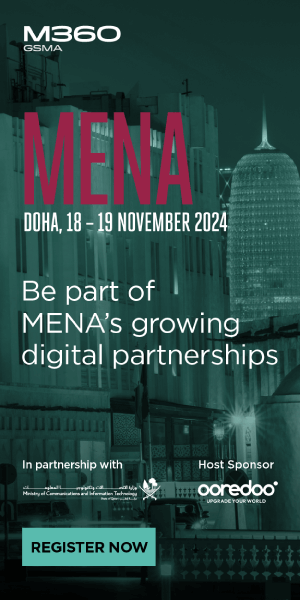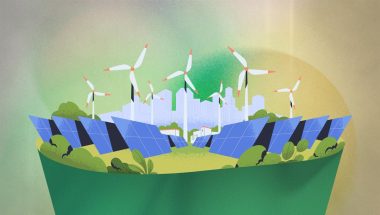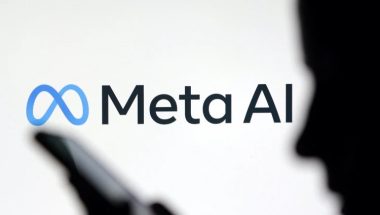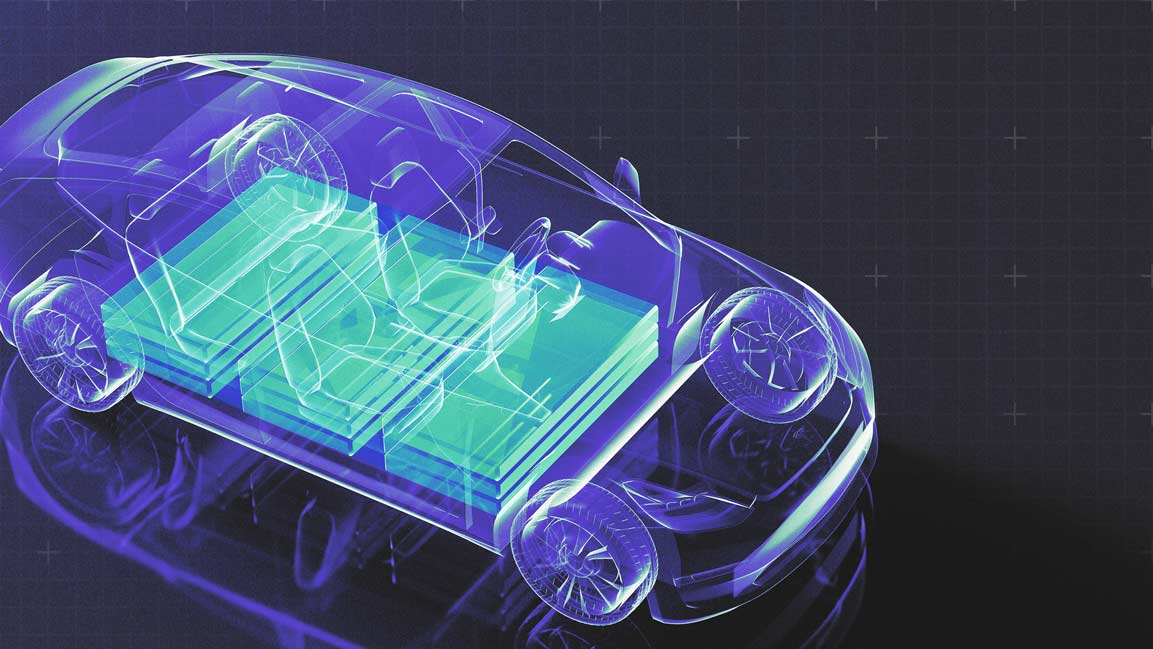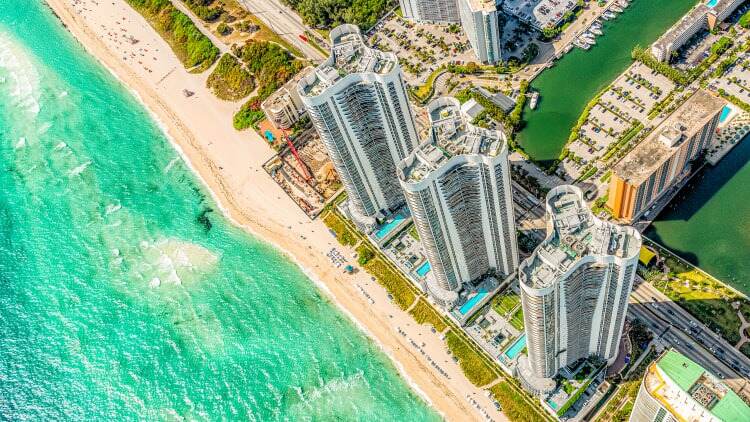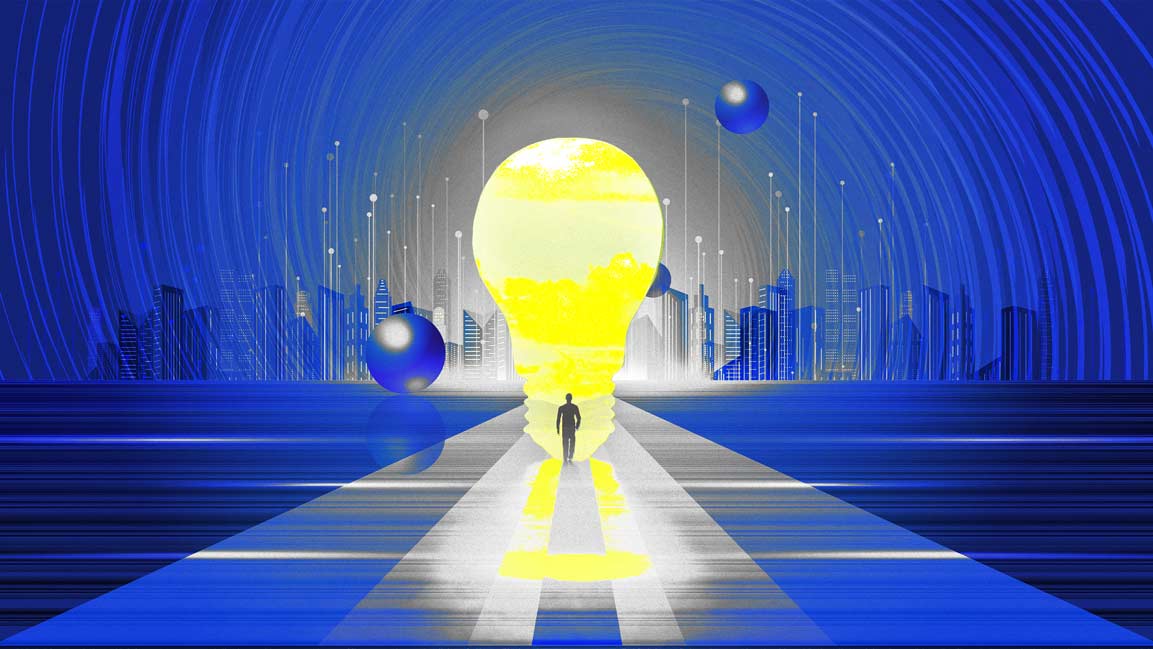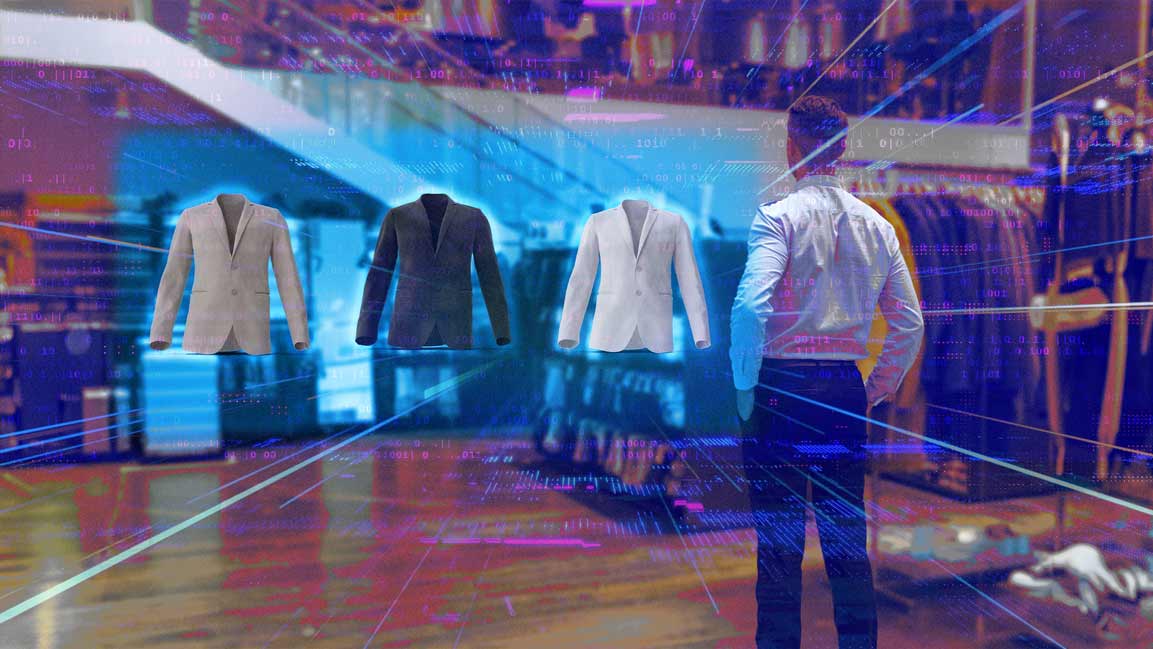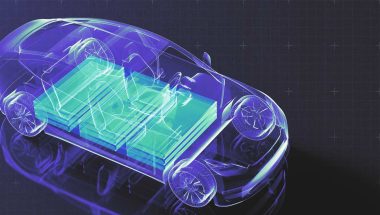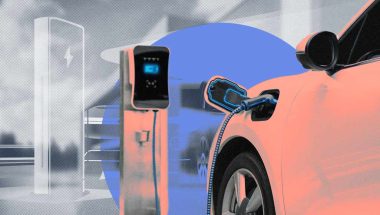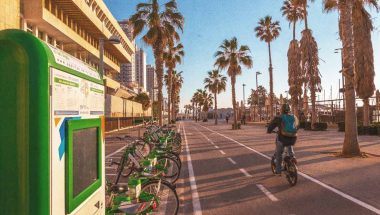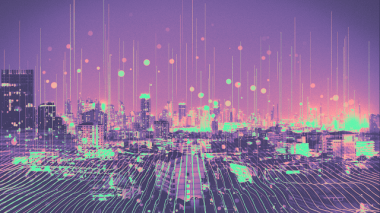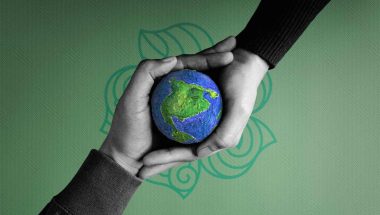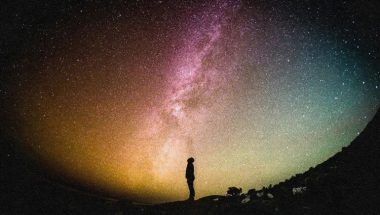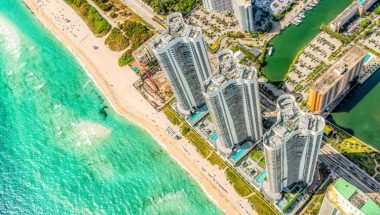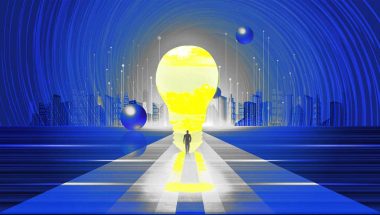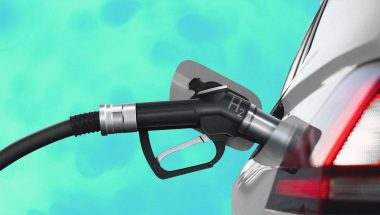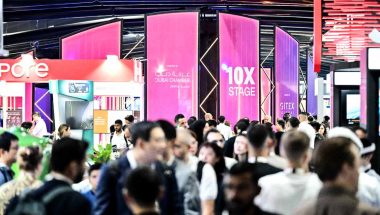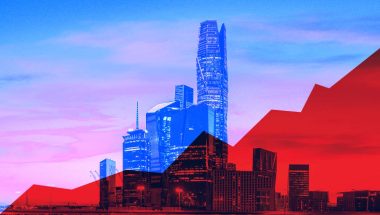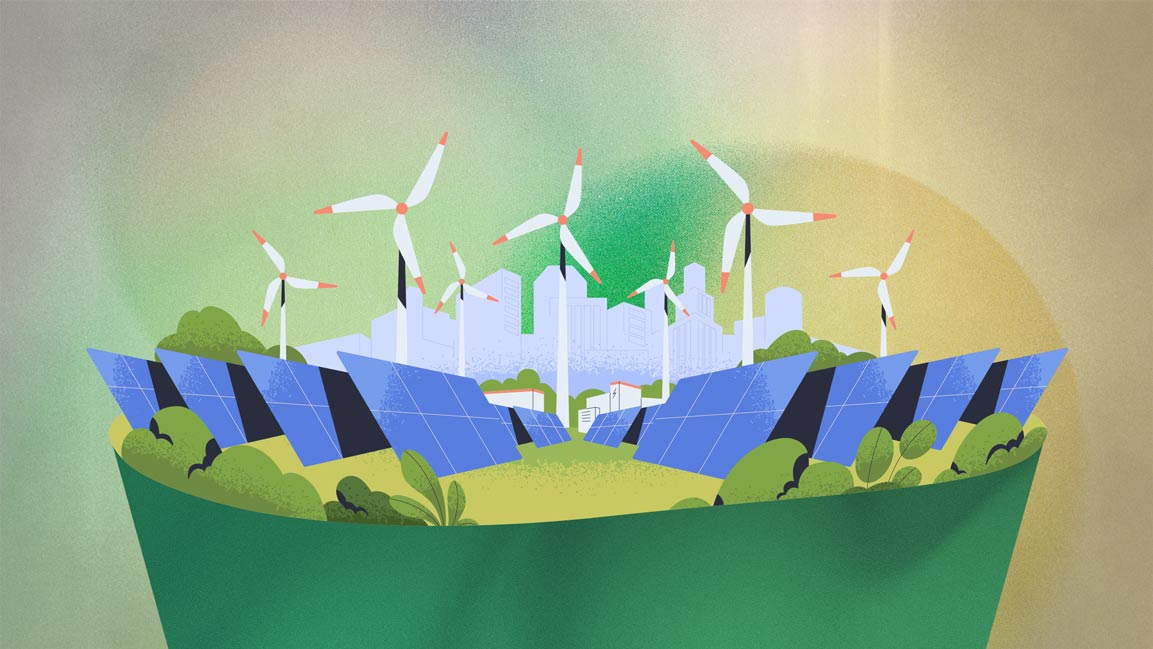- | 9:00 am
Can nuclear energy be the answer to a sustainable future for the Middle East?
The countries in the region are positioning nuclear energy as a fresh yet familiar solution to energy needs
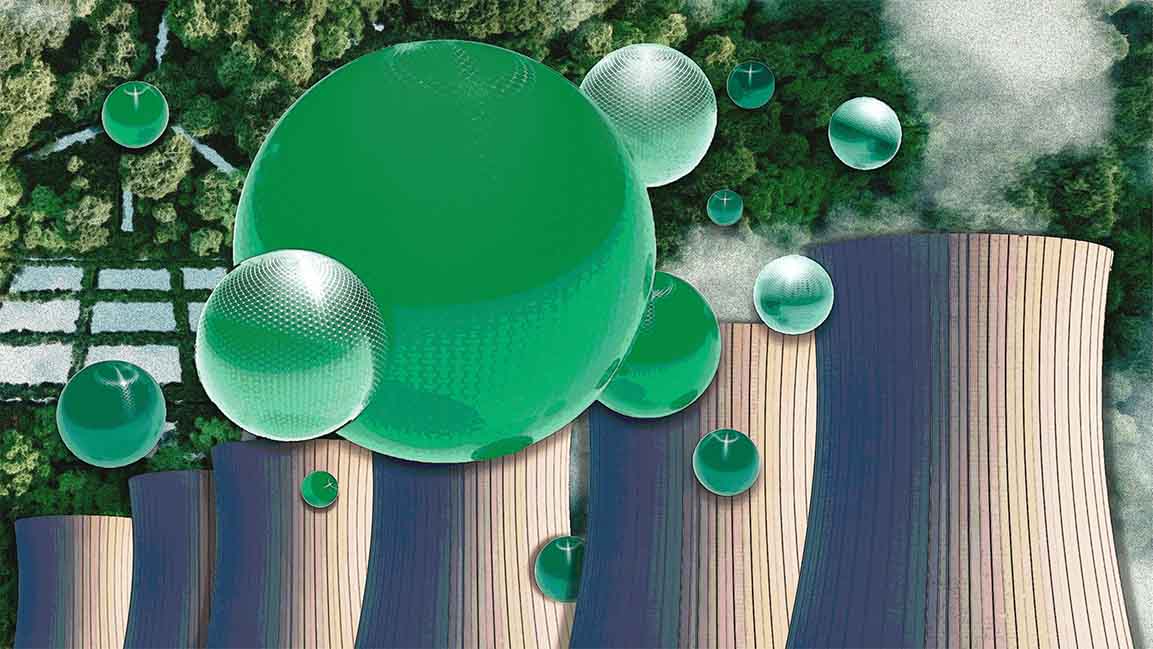
Nuclear energy has long had a perception problem, but COP28 tried to change that. The climate conference has given nuclear energy a new perspective that frames it for the future.
An international engagement plan – involving 35 countries – was launched to boost nuclear fusion as an emissions-free technology.
“There is potential in fusion to revolutionize our world,” US special climate envoy John Kerry told the December UN climate conference in Dubai.
Nuclear is increasingly seen as a key clean energy source, a game-changer in the fight against climate change in the Middle East. Only if it can be scaled up.
EVOLVING MINDSET
“There is no way the world can get close to net zero without a huge increase in nuclear power,” says Joseph McMonigle, Secretary General of the International Energy Forum.
“Even people who once opposed nuclear power today endorse it because of its environmental benefits, its contribution to energy security, and the significant improvements made in reactor design, safety, and efficiency standards.”
Nuclear energy offers large-scale, stable baseload power that is largely carbon-free and, therefore, can significantly reduce CO2 emissions.
“Unlike renewables, nuclear power is reliable and enhances energy security,” adds McMonigle.
And amid a pledge by nations at the COP28 to triple nuclear deployment this decade to fight climate change, Bill Gates’ advanced nuclear reactor company TerraPower and the UAE’s state-owned Emirates Nuclear Energy Corporation (ENEC) agreed to explore uses for advanced nuclear reactors such storing power on the grid and providing the energy needed to produce hydrogen and decarbonize coal, steel and aluminum plants.
The UAE, pushing to expand its nuclear energy capacity, has one traditional nuclear power plant near Abu Dhabi, which began producing electricity in 2020.
Recently, ENEC announced the completion of unit 4 of the Barakah nuclear energy plant. Once operational, Unit 4, the final unit of Barakah, will enable the plant to generate 25% of the UAE’s electricity needs for the next 60 years.
Advanced reactors are meant to be smaller, easier to build, and more dynamic than traditional plants and are regarded by some as a vital complement to intermittent power sources like wind and solar, which are expanding rapidly.
Apart from generating electricity, countries in the region are also considering the development of innovative nuclear technologies, including new reactor types and innovative fuel designs.
“Small modular reactors can offer some advantages over traditional nuclear reactor designs, and the UAE, Bahrain, Qatar, and Saudi Arabia have all expressed an interest in this technology,” says McMonigle.
Karen E. Young, Non-Resident Senior Fellow and Chair of the Advisory Council, Program on Economics and Energy at Middle East Institute, says what has changed is the availability of new nuclear technologies, from small modular reactors to new sodium fast reactors, “which means that the platforms of technology and nuclear energy use are expanding and making access both safer and more attractive to a range of state entities.”
The recent MOU signed between the UAE and TerraPower to explore opportunities is based on a sodium fast reactor that features a molten salt energy storage system that can boost power for short periods, allowing it to provide flexible, dispatchable power that can scale up or down based on electricity demand.
The countries in the region are positioning nuclear energy as a fresh yet familiar solution to energy needs. And some possibilities arise from this new perspective.
“There is a shift in perceptions of nuclear energy, mostly around the assumption that to meet net-zero targets, we need to increase our non-carbon energy supply across as many technologies as possible,” says Young.
CHALLENGES FOR NUCLEAR FUSION
One potential hitch, however, is concerns about safety, and the particular interest of developing countries, including those in the Middle East, to obtain nuclear technology will be a regional security concern for the US and others, adds Young.
According to McMonigle, the UAE’s nuclear program “sets the gold standard for the development of peaceful civilian nuclear energy in the Middle East and provides an excellent model for other countries in the region.”
Also, anti-nuclear opinions are generally fuelled by concerns about safety, based on a small number of accidents that garnered significant media coverage. Chornobyl and Three Mile Island still loom large in the public consciousness, so there’s some hesitation when harnessing this nascent technology.
According to McMonigle, no industry is immune from accidents, but all industries learn from them. “The evidence over six decades shows that nuclear power is a safe source of electricity. Modern nuclear reactor design prioritizes safety and efficiency.”
Experts say establishing a successful nuclear energy program requires long-term planning and massive capital investment.
“Other obstacles to harnessing nuclear energy include permitting and anti-proliferation regulations, which require extensive collaboration with international organizations and foreign governments and a commitment to transparency,” adds McMonigle.
After decades of relative stagnation, the nuclear industry also has a global shortage of skilled workers.
“However, the industry is set to grow significantly over the next few decades after 22 world leaders signed a declaration to triple nuclear energy capacity by 2050 at the COP28 climate conference,” he adds.
So, can the region’s energy transition be achieved without a massive increase in nuclear power?
Although there is plenty of debate on whether the region’s energy transition can be achieved without a massive increase in nuclear power, as many in the solar industry see nuclear as too expensive, a safety risk, and not necessary to meet domestic renewable energy needs and net-zero targets, Young says, “It is certainly a choice. For many states, the ability to have a range of non-carbon energy sources and high technology energy resources applicable to other fields and R&D capacity are compelling reasons to include nuclear energy in the energy mix.”
Nuclear power is a viable option for the countries as part of the energy mix to achieve net zero carbon emissions while enhancing energy security.
“It is difficult to see Middle Eastern countries achieving net zero without a significant contribution of nuclear power to the energy mix. Several countries in the region are actively pursuing additional nuclear capacity or seeking to develop new civilian nuclear power programs,” says McMonigle.






